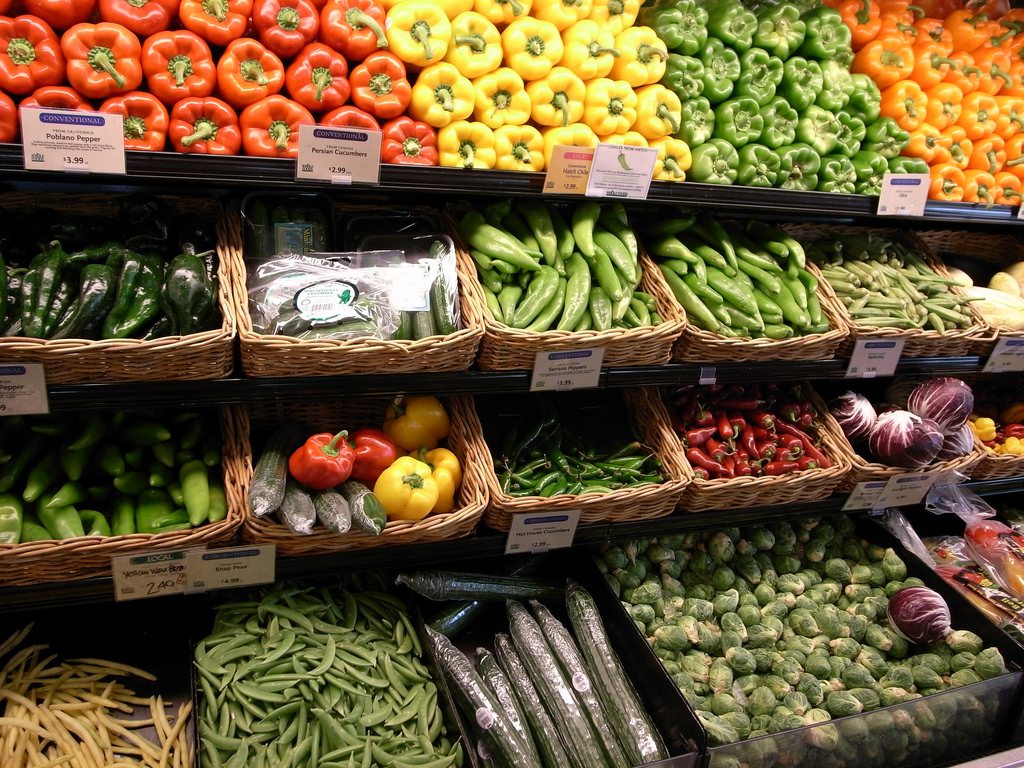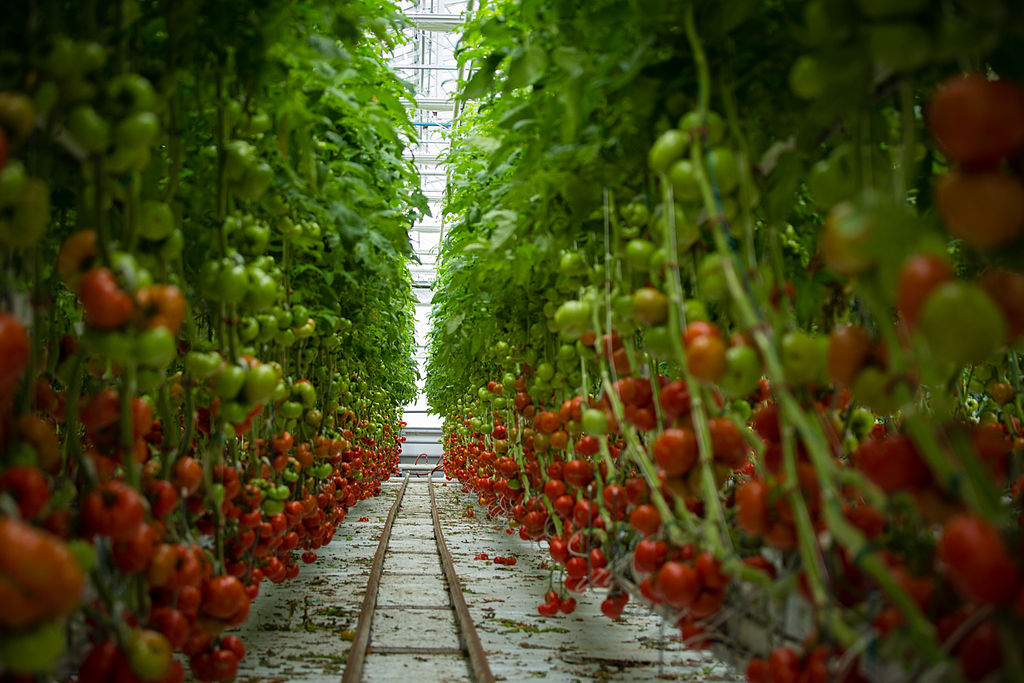
field_5d827710120b3
The Great Tomato Trade War of 2019 appears to be coming to an end, but the impacts on the $2 billion tomato import business and on tomato-loving shoppers countrywide remain to be seen.
Last week, the Department of Commerce (DOC) announced that U.S. and Mexican growers have initialed a draft agreement to once again suspend DOC’S investigation into the dumping of Mexican tomatoes on the U.S. market, which was accompanied by a 17.56 percent import duty levied on those tomatoes since May of this year. Here’s our backgrounder on that springtime saga.
The investigation, which started in the 1990s but had been on hold as a result of successive 5-year suspension agreements, began again after the Trump administration pulled out of the 2013 Tomato Suspension Agreement (TSA). This came at the behest of Florida politicians and the Florida Tomato Exchange, a trade group of tomato growers who allege that Mexico takes advantage of loopholes in the TSA to unfairly compete in the U.S. marketplace.
While the draft agreement was initially lauded by both sides, some of the stipulations are causing significant concern for distributors along the U.S.-Mexico border.
In a major shift, the new draft agreement prohibits anything but the destruction (under USDA oversight) or return to Mexico of tomatoes with defects, thus increasing food waste, shutting down a source of edible food for the hungry, and doubling the consumption of fuel used in trucking the tomatoes back and forth. According to Jaime Chamberlain of Chamberlain Distributing, a Nogales, Arizona-based importer of Mexican fruits and vegetables, this stipulation is also an egregious restraint of trade. “If you buy a car and one of the dealers says you’ve got a guarantee on the transmission and the other one says you don’t have a guarantee, take it or leave it, you’re not going to buy the one with no guarantee. That’s how we look at it with tomatoes.” While buyers of domestic tomatoes can negotiate return policies for defective product, the new agreement prohibits compensation for rejected Mexican imports.
The draft agreement also sets a floor price for all fresh-market Mexican tomatoes—those intended for processing are exempt. A floor price, or reference price in the language of the agreement, has been the case in past trade agreements, but new in this version is a 40 percent premium on organic tomatoes, a cost that will most likely be passed on to consumers. For Wholesum Family Farms, a Fair Trade Certified organic vegetable grower with operations on both sides of the border, the situation is concerning at best. While the company has planned to shift all of its organic beefsteak tomato growing operations from Mexico to Arizona since before the latest dispute began, it still works with its own farms and others in Mexico. “Right now, we’re facing a lot of uncertainty, so we’re just rolling with the punches,” says spokesperson Joanna Jaramillo.
Why would the Mexican growers enter into an agreement so seemingly detrimental to their interests? Chamberlain says he suspects Commerce pressured them into it with the threat of future duties. “This was a forced concession, not an agreement.” he said. “These concessions are horrible for the industry and will drastically change the landscape of the Ports of Entry.”
The public comment period on the agreement is open now, and several organizations declined requests for interviews since they’re in the process of working with their members to prepare formal statements.
The stakes are high. According to a 2018 University of Arizona study, at almost $3 billion in GDP and 33,000 U.S. jobs, the imported Mexican tomato business has an impact on the U.S. economy, especially in border states like Texas, Arizona, and California. The draft agreement is due for final adoption and entry into the Federal Register on September 19, but if that fails, the Mexican growers and their U.S. importers could be facing duties of up to 25 percent. And since half of the fresh tomatoes in U.S. grocery stores come from Mexico, eaters could once again be the unwilling beneficiaries of trade-induced higher prices.










